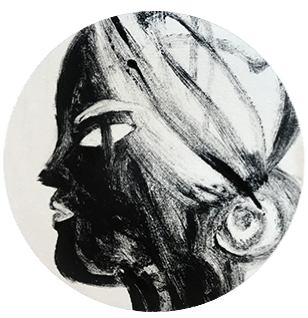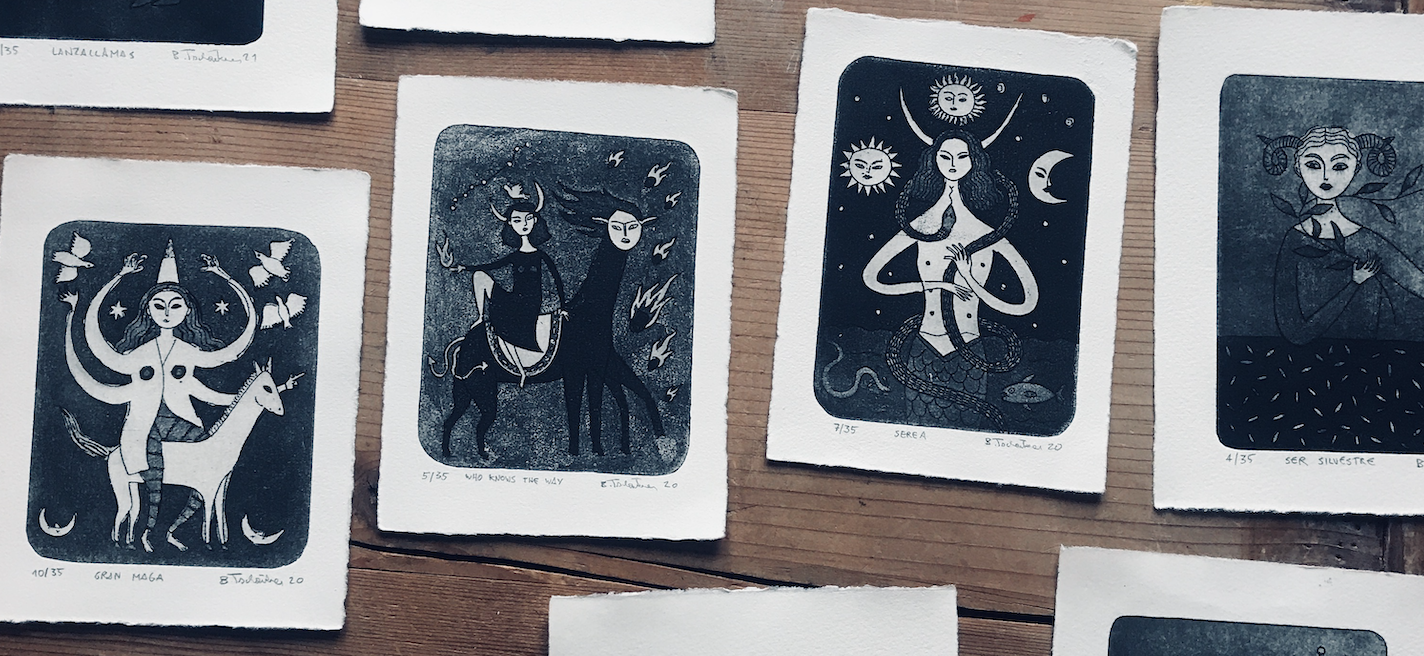When my grandfather died, he left me an old travel guide called "The Soviet Orient", a thick book full of black and white photos of the most wonderful buildings – mosques, shrines, and minarets of a kind that I had never seen before. I was fascinated by them – and I knew that I had to go to this marvelous place that did not only seem far away in space, but also in time. And then, a few years later I traveled to see the architectural beauty of the former "Soviet Orient". I traveled to Uzbekistan.
I traveled through this hypnotic country for many weeks, moving slowly and at times like in a dream under the hot, heavy September sun, spending endless hours drawing and writing in the cool shade of stunningly beautiful mosques, shrines, and caravanserais, climbing up minarets, and sitting with the market women of the great bazaars, them selling vegetables and fabric, me drawing next to them.
Seven days I spent in the legendary city of Samarkand, the most important city on the silk road, and a place where East and West met for thousands of years, where caravans pass through from all cardinal directions. I've always been intrigued by the idea of caravans, of travelers carrying treasures and stories, goods tangible and intangible, from the East to the West, and from the West to the East, the infinite deserts, great empty spaces they move through, and the caravanserais, where people from all over the world would meet, taking breaks along their long and tiresome journeys.
The animals of the caravans were camels and horses, carrying goods like spices, silk, gold, and tea. Alongside them, I like to imagine another caravan, a caravan of fantastic animals traveling from the East to the West, paralleling the caravan of camels and horses in the hot sand like a mirage. The other caravan does not carry silk or gold, but stories, the material of dreams interweaved in flying carpets, memories of places that only exist in someone’s fantasy, tales of undiscovered stars and unknown flowers, and prayers of far deities, all things that we can’t touch, but which touch us, at a place in our heart we didn’t know existed, until it begins to stir in answer to this call in a foreign language we all of a sudden understand.
The other caravan never arrives: It’s moving in circles, like a planet, like the seasons, like a holy or an unholy book, that is read and re-read over and over, like water, which rains down on the earth and ascends again to the clouds, but also seeps away under ground just to blossom out again in bright oases.
The other caravan is richly loaded: It brings us all the fantasy that an unknown land can be for another.
________________________
This animal is is my first one of this fantastic caravan. Maybe, hopefully, more will follow, and then I’d love them to travel all over the world, in all directions.


